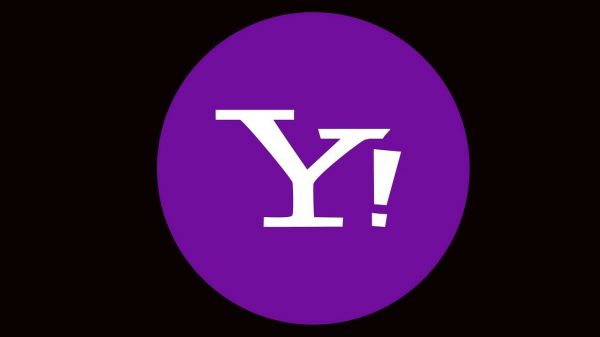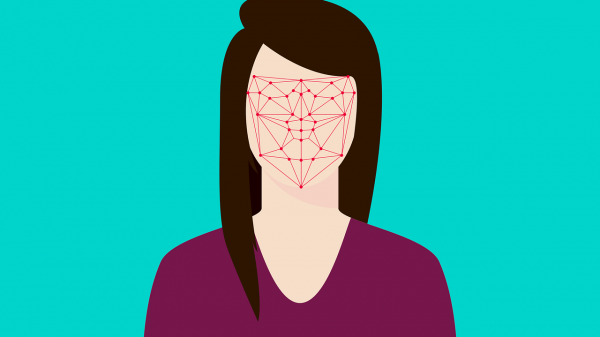“We need to weigh the positive use cases for facial recognition against growing societal concerns, especially as regulators have yet to provide clear rules,” said Jerome Pesenti, VP of Artificial Intelligence at Meta (formerly known as Facebook). Days after Facebook changed its company name to Meta in a bid to be known for more than social media and its ills, the company announced that it was shutting down its facial recognition programme.
What will it impact?
- From now on, people (almost 1/3rd of Facebook users) who opted in for Facebook’s facial recognition system will no longer be automatically recognised in photos and videos
- The social media platform intends to delete more than “billion people’s individual facial recognition template”, Pesenti said. “If you have the face recognition setting turned off, there is no template to delete and there will be no change,” he added.
- This change will also have an impact on Automatic Alt Text (AAT), which is a tool that creates image descriptions for blind and visually-impaired people. “After this change descriptions will no longer include the names of people recognised in photos but will function normally otherwise,” Pesenti said.
- People will no longer be able to turn on face recognition for suggested tagging or see a suggested tag with their name in photos and videos they may appear in, Pesenti said.
This is probably the first time that a big tech company has shut down a facial recognition feature and it sets an important precedent. Closer home in India, there also has been an increase in the usage of this technology — both in the private and public sector. For instance, India’s National Crime Records Bureau recently floated a tender for a facial recognition system that is capable of recognising individuals with face masks on.
Benefits of face recognition need to be weighed against growing concerns
Pesenti’s statement shows that Facebook still believes that facial recognition “is a powerful tool”. He said that Facebook will continue working on these technologies and “engaging outside experts”. However, it is the growing concern of facial recognition in society and among regulators that has led Facebook to its decision, indicated the statement.
But the many specific instances where facial recognition can be helpful need to be weighed against growing concerns about the use of this technology as a whole. There are many concerns about the place of facial recognition technology in society, and regulators are still in the process of providing a clear set of rules governing its use. Amid this ongoing uncertainty, we believe that limiting the use of facial recognition to a narrow set of use cases is appropriate — Jerome Pesenti, VP of Artificial Intelligence, Meta
The move comes at a time when Facebook is beset with controversies
The corporate rebranding to Meta comes at a time when the Facebook name is tainted with controversies following recent revelations made first by the Wall Street Journal and now by a consortium of publications based on leaked company documents shared by whistleblower Frances Haugen. The details that continue to come out of these documents largely revolve around how Facebook knew about the harms exacerbated by its various platforms but ignored warnings raised by its employees and did little to fix itself.
Also Read
- Into The Metaverse — A Primer On The Future State Of The Internet
- The Lowdown On Google’s “Alphabet” Restructuring; Sundar Pichai Now CEO Of Google
- Facebook’s Failure To Check Hate Speech In India Spurs Demand For An Investigation
- Inflammatory Content Targeted Muslims On Facebook, WhatsApp Ahead Of Delhi Riots: Internal Records
- Summary: All Eight Complaints Made By Facebook Whistleblower Frances Haugen
Have something to add? Post your comment and gift someone a MediaNama subscription.
Among other subjects, I cover the increasing usage of emerging technologies, especially for surveillance in India





























You must be logged in to post a comment Login